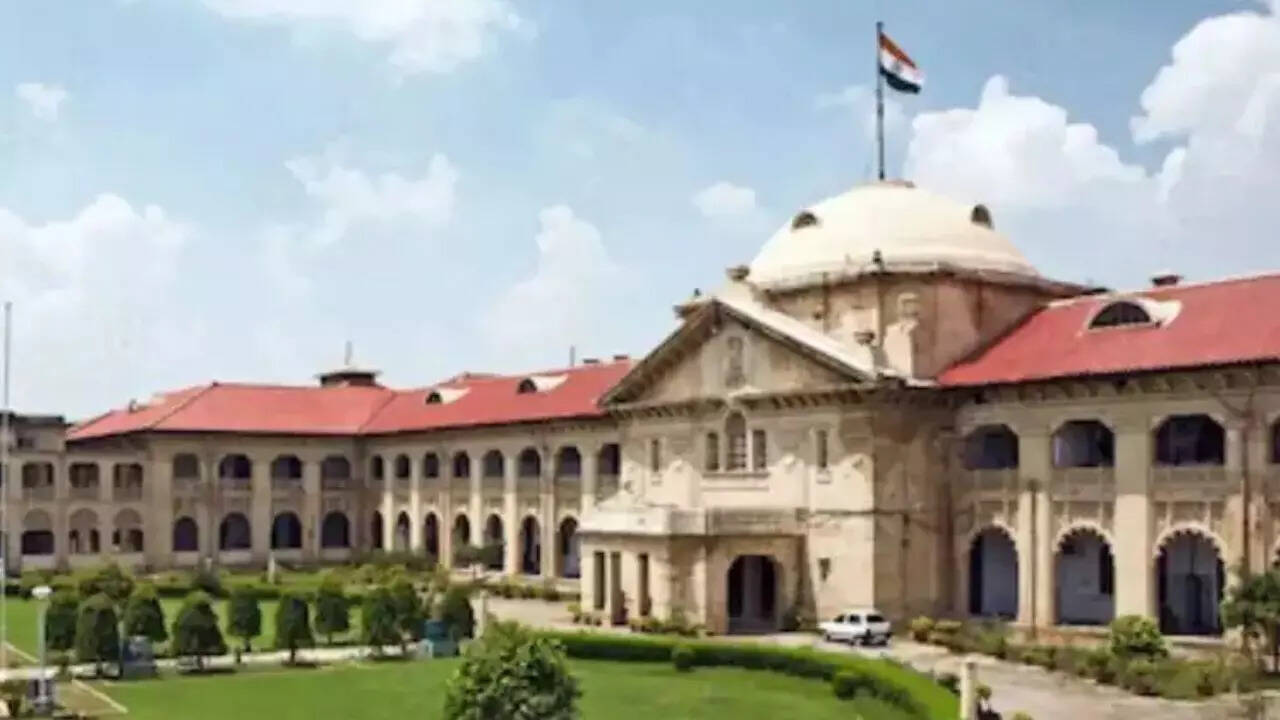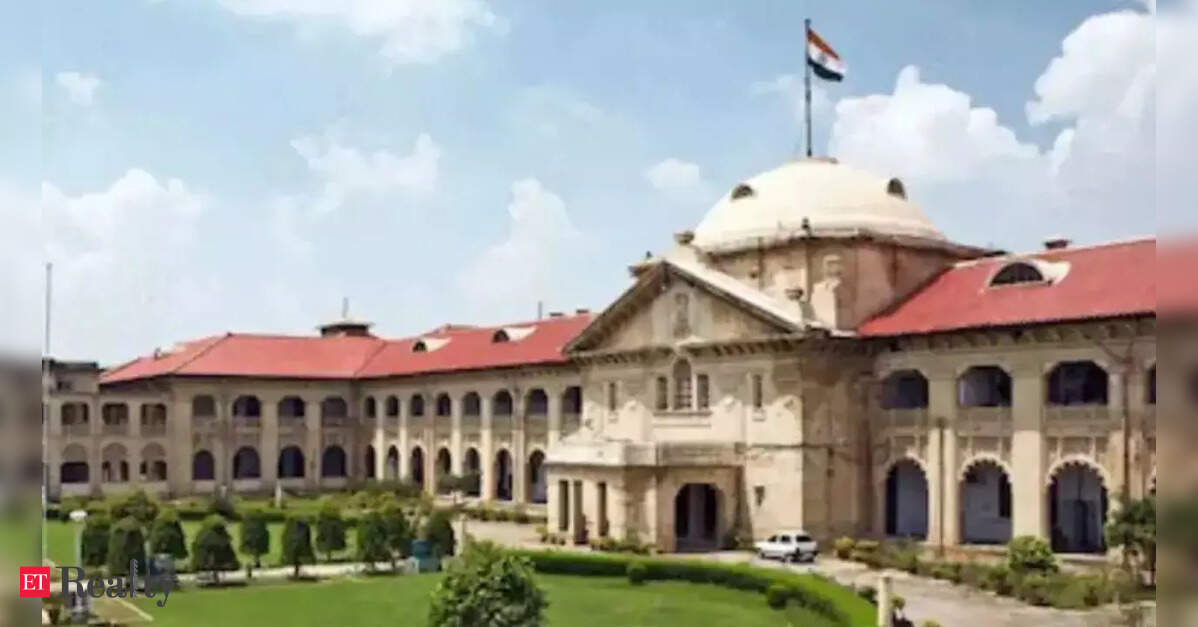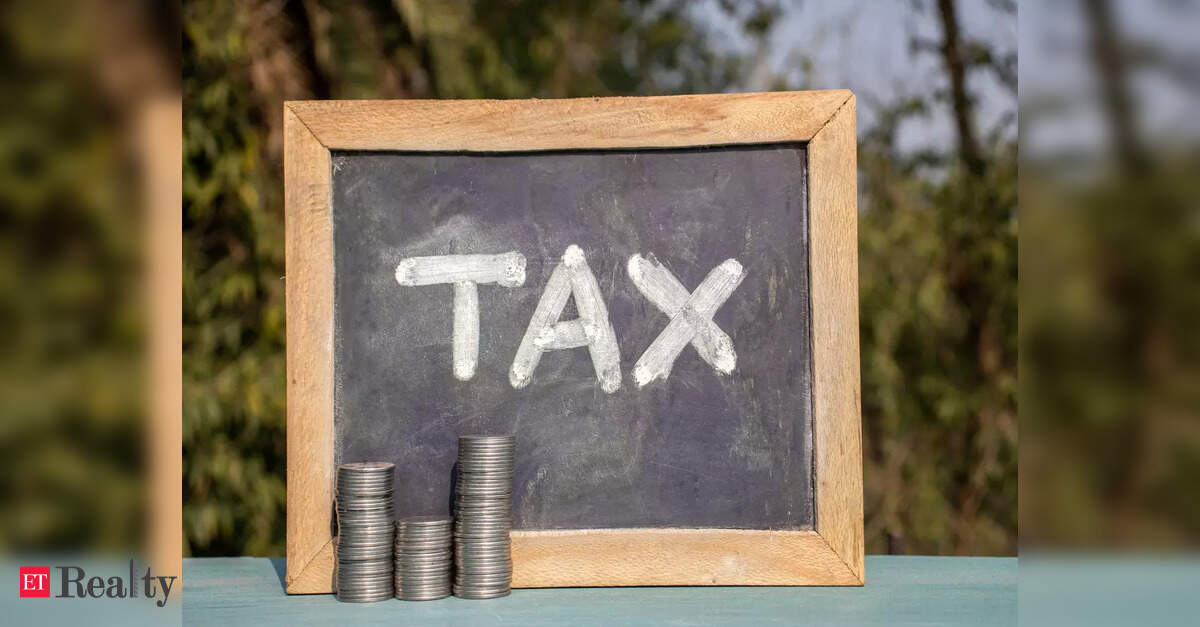
NOIDA: The Allahabad High Court has affirmed that ‘zero-period’ waivers for real estate developers should be granted in full for delivery delays beyond their control.
In a ruling dated July 25, the court annulled a Greater Noida Authority decision that denied the zero-period benefit to developer Empire E-Parks. The judgment mandates that the development authority provide the developer with a zero-period waiver on interest and penal interest accrued over the 18 years that construction was halted, due to the developer’s inability to take possession of the designated land.
This decision, echoing a previous case involving Gaurasons India Ltd, could significantly affect ongoing disputes in Noida, Greater Noida, and the Yamuna Expressway where builders and allottees have faced delays in land possession due to farmer encroachments, litigation, or infrastructure development delays.
Empire E-Parks was assigned 80,941 square meters (sqm) in the IT/ITES sector in Knowledge Park V by the Greater Noida Authority on September 27, 2007. A 90-year lease agreement was signed on September 12, 2008. The premium for the land was Rs 13 crore, with Rs 4 crore paid upfront and the remaining Rs 9 crore due in 12 half-yearly installments at 11% interest.
Between 2007 and 2019, the company reported a payment of Rs 17.6 crore along with Rs 32 lakh as lease rent and Rs 1.5 crore in stamp duty. Despite these payments, the company asserted that the Authority failed to develop essential external infrastructure, such as roads and sewer lines. In October 2008, it communicated with GNIDA, expressing that after remitting Rs 4.6 crore plus an additional Rs 50 lakh in interest, no basic developments had occurred on the site.
An RTI inquiry in January 2009 confirmed that roads were still under construction.
Additionally, farmers had encroached upon part of the land, reportedly due to a lack of compensation for land acquisition, which rendered construction unfeasible. The company petitioned the high court in 2012, requesting the completion of infrastructure and the extension of a zero-period waiver from November 2007—the date the allotment amount was deposited—until full possession was granted.
In 2018, another application for zero-period benefits was filed with GNIDA, but it was declined on March 13, 2020, based on a resolution from the Authority’s 107th board meeting, which only permitted such benefits in cases involving a court stay order or unexecuted lease deeds due to government directives.
The petitioner challenged this resolution by submitting another petition in 2020, which was resolved with a directive to seek recourse from the state government.
In its revision petition to the state government, the company argued that it had already paid around Rs 18 crore against the stipulated Rs 13 crore premium, yet the Authority had failed to deliver encumbrance-free land or complete infrastructure. It noted ongoing farmer encroachment on parts of the land, with electricity connections still registered in their names. A letter from GNIDA’s senior manager dated July 27, 2017, confirmed these encroachments.
On February 28, 2023, the state government instructed GNIDA to reassess the case, evaluate the extent of encroachment, and consider the duration of obstruction to construction, but did not grant comprehensive zero-period benefits.
Nevertheless, the high court noted that the Authority’s counter-affidavit submitted in August 2024 acknowledged that complete possession of the land had yet to be delivered and that farmer encroachment was still ongoing. Citing its prior ruling in the Gaurasons India case, which allowed full zero-period benefits during the entirety of encroachment, the court concluded that once the state recognized the encroachment as a cause of construction delays, it could not limit the relief.
The bench, presided over by Justice Prakash Padia, nullified the March 13, 2020 order and modified the February 28, 2023 decision, removing any restrictions on the zero-period. It ordered GNIDA and the UP government to provide Empire E-Parks a zero-period benefit from the date of allotment, September 27, 2007, until full, peaceful, and uninterrupted physical possession of the entire land is established.




